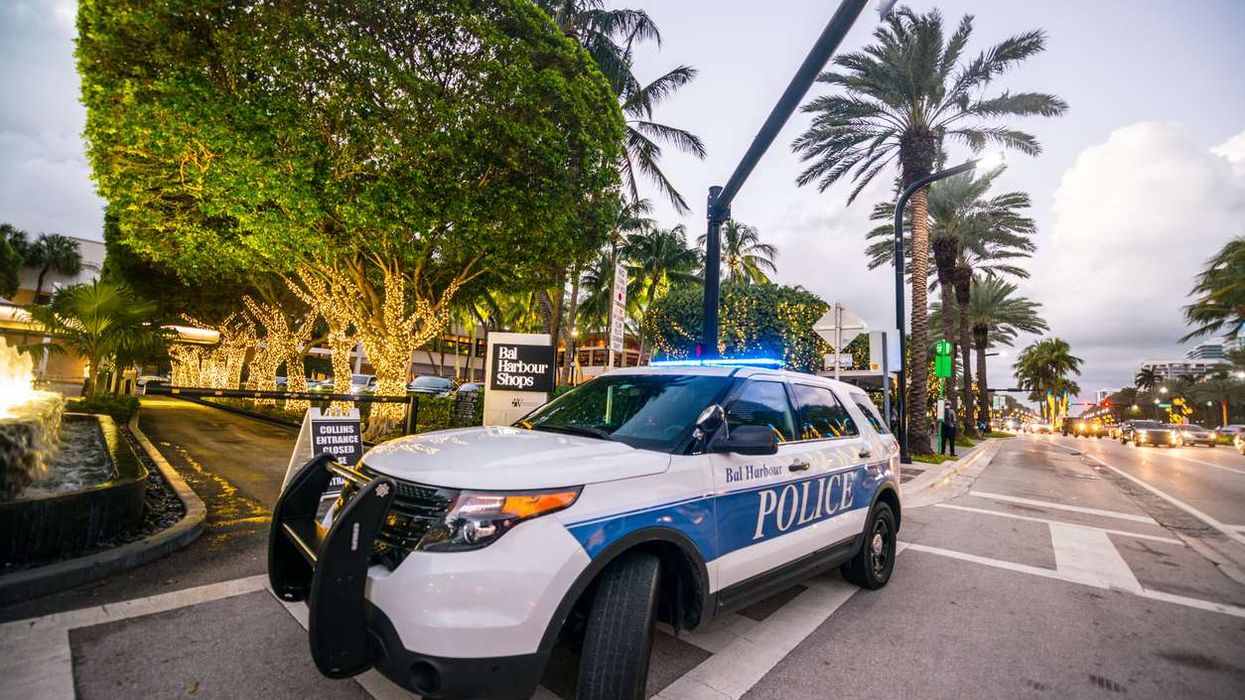A 22-year-old student from Manchester, Laura, has sparked widespread controversy after selling her virginity for Rs 18 crore (around £1.7 million) through an online auction. The auction, organised via a well-known escort agency’s website, attracted interest from several high-profile figures, including politicians, business moguls, and celebrities. The winning bid came from a Hollywood star, who remains anonymous, propelling Laura’s decision into the public eye.
Laura, who comes from a religious background, explained that she has no regrets about her decision, describing it as a strategic move to secure her financial future. “I don’t regret it. Many girls lose their virginity for nothing. At least I gained financial security,” she said. For her, the auction was a business transaction that allowed her to capitalise on what she considered a valuable asset. She emphasised that many women do not benefit financially or emotionally from losing their virginity, while she saw an opportunity to gain independence.
The process was carried out discreetly, with confidentiality maintained throughout to protect both Laura and the winning bidder. Laura confirmed that she received offers from influential figures, including top businessmen and politicians, before finalising the deal with the Hollywood star. As part of the arrangement, Laura underwent a medical examination to confirm her virginity, a condition requested by the buyer.
Public debate and mixed reactions
The sale of Laura’s virginity has ignited a significant debate, with opinions sharply divided on the ethics of such a transaction. Critics argue that reducing virginity to a commodity diminishes the personal and emotional value of intimacy, while others view it as a personal choice that empowered Laura to secure her future. Some cultural and religious commentators have raised concerns, linking virginity to ideas of purity, while others suggest that Laura’s decision reflects the changing dynamics of personal agency and financial need in modern society.
Despite the mixed reactions, Laura remains confident in her choice. She plans to use the money to pursue her career goals and secure financial stability. In her view, the auction has allowed her to take control of her future, unburdened by financial concerns.
As discussions continue, Laura’s case highlights the complex intersection of personal choices, financial pressures, and evolving cultural values in today’s world.





